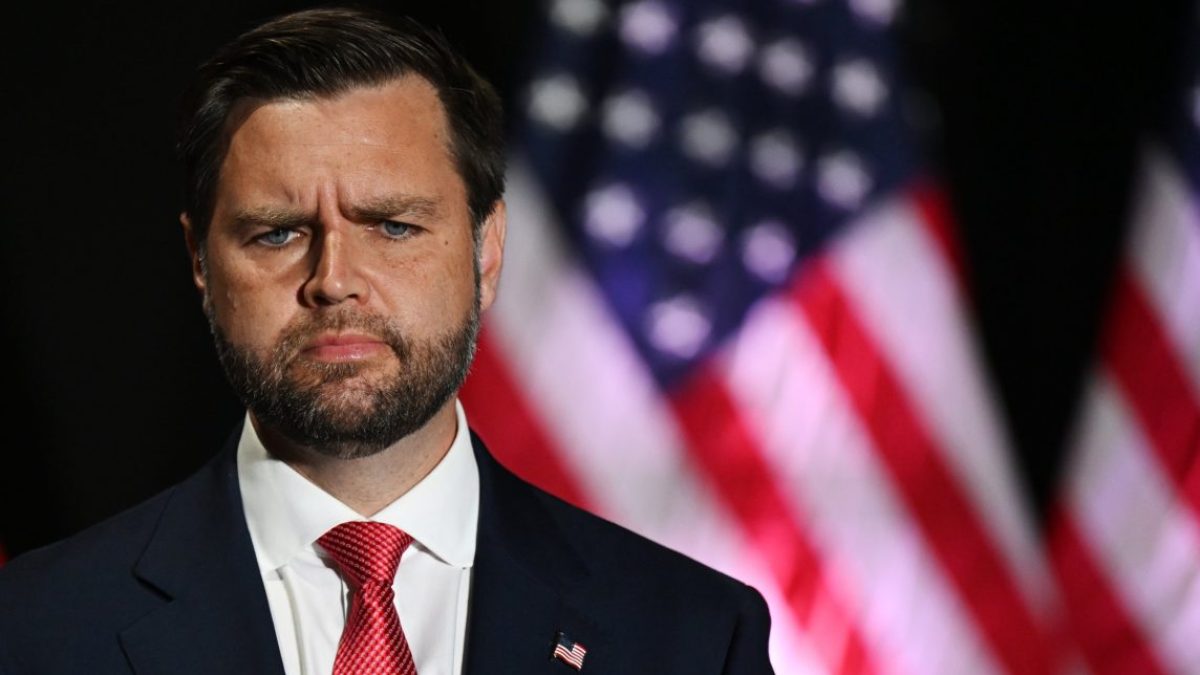When Donald Trump was elected in 2016, liberals and the political mainstream alike found endless explanations for it: voters didn’t know who he really was, Russian interference and online misinformation had swung the result, people were swayed by the character Trump played on The Apprentice and thought that was the real man.
The election of 2024 allowed no such illusions: by now, Americans know exactly who Donald Trump is. They saw him call for an insurrection against his own government, watched as he was found liable for sexual assault in civil court, and convicted in criminal court for false accounting, and they voted for him in bigger numbers than ever before.
There were two main drivers behind Trump’s second win. The first was that Americans were tired of inflation during Joe Biden’s presidency – often summarised as voting Trump because of “the price of eggs”. But for Maga, the movement of supporters behind the President, the bigger narrative was that the rest of the world was taking America for a ride, and Trump was the man to end that.
This most obviously manifested in Trump’s disastrous tariffs policy, and its accompanying idea that if America was buying more from China, or another country, then it was selling to them, then it was getting a bad deal.
But the idea that America was spending billions of dollars acting as the world’s policeman is a huge theme for Maga: Trump promised to get the US out of “foreign wars”, promised to bring peace to Russia and Ukraine (or at least to stop the USA sending billions of dollars in that direction), and promised to put “America First”.
That return to isolationism, and that retreat from international commitments, is extremely popular within the Maga movement. For many of them, getting out of “forever wars” was a big part of why they voted for Donald Trump. Traditional Democrats and Republicans agreed on America’s role in the world – and its need to be everywhere. Trump was something different.
But in recent days, he is sounding far more like a traditional Republican president than the figurehead of Maga. Despite Israel seemingly launching its large-scale attack against Iran without Trump’s blessing, the President has seemed to enthusiastically support the strikes. Trump even left the G7 gathering of world leaders early, and has posted ominously online about his reasons for doing so – leaving open the possibility of the USA joining Iran’s offensive operations.
To many of his supporters, this is exactly the sort of thing they elected him to stop. It looks like another Middle Eastern war with no direct influence or impact on the USA, which didn’t involve an attack on Americans or American interests, but will risk American lives – and spend American taxpayers’ money. Not getting involved in conflicts like this was precisely what distinguished Trump’s foreign policy from that of traditional Republicans.
Some traditional Trump supporters are coming out and saying exactly this – not least former Fox News anchor Tucker Carlson, who savaged Senator Ted Cruz on his show by asking him a series of basic trivia questions about the demographics of Iran, which Cruz was unable to answer.
But others within the Maga movement are staying oddly silent, mostly notably among them Vice President JD Vance. Throughout his time as a senator, Vance was one of the most vocal politicians speaking against the US involving itself in overseas military endeavours, even outright opposing funding Ukraine’s resistance against Russian invasion.
This week, though, his only statements on Iran have been to halfheartedly back the President and support action on Iran. In a conventional administration, that would of course be his only option: the job of the Vice President is to back the boss, and Vance has probably rightly judged that Trump would never forgive public disagreement.
Trump, though, will almost certainly not be the candidate in the 2028 election, unless he manages to thoroughly overturn the US constitution. That means Maga will be searching for a new avatar for its nationalism and its isolationism – someone they can trust not to just say what they want to hear and then return to what they see as establishment politics as soon as they’re elected.
Iran might be JD Vance’s chance to prove himself to Maga. He was an avowed “never Trumper” who famously once likened Trump to Hitler. His conversion to Maga was seen as an act of self-advancement, and many in the movement still mistrust his motives.
But by standing up for a core Maga principle of non-intervention, Vance could have set himself up as the movement’s natural successor and a shoo-in for the nomination in 2028.
Faced with a chance to stand up for something he seems to sincerely believe, at the cost of a confrontation with his boss, Vance may choose to shut up and stay in line. It is a decision he may come to regret when he makes his White House run.
James Ball is the political editor of The New European
